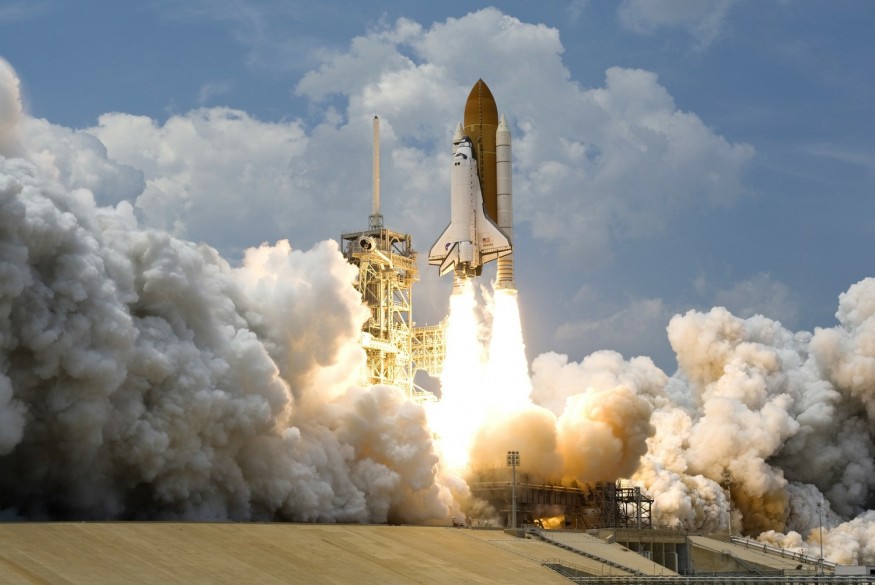On Wednesday, the Aerospace Corporation said that it was tracking the debris of a Chinese rocket that could crash back to Earth as soon as Saturday. But the agency said that it is too early to determine the debris footprint. China, however, dismisses worries about the reentry and the effects it might have, claiming in state-backed media that the warnings are just "sour grapes" from people angry about the nation's emergence as a space power.

China's Response to Rocket Space Debris Reentry
According to a news report in Global Times newspaper citing the television commentator Song Zhongping, "The U.S. is running out of ways to stop China's development in the aerospace sector, so smears and defamation have become the only things left for it."
Meanwhile, the Shanghai-based news site Guancha.cn (via Fortune) said on Tuesday that the United States and Western media deliberately exaggerate reports, obviously with bad intentions, loss-of-control of Chinese rocket debris and the possibility of personal injury caused by the rocket debris.
The Chinese rocket that would make an uncontrolled entry is the Long March 5B. The rocket launched the Wentian module for its Tiangong space station.
It's not the first time that rocket debris from China's space program has plunged through the atmosphere in a suspenseful manner. In May 2021, the world waited to see where the remains of a rocket of the same class carrying the first module for the Tiangong space station would crash. The rocket reentered the atmosphere over the Indian Ocean after days of intense monitoring by scientists and various agencies, including the United States Space Command.
Last year's rocket reentry location could not be pinpointed until within hours of its reentry, according to the US Space Command, which is monitoring space debris from this week's launch. However, experts emphasize that the risk to people in general, and the United States in particular, is extremely low. Lael Woods, a director at The Aerospace Corporation, said that they estimate that basically, only 3% of the ground track is over the U.S.
ALSO READ: China's Tiangong Space Station Wentian Laboratory Module Successfully Docks
Space Agencies Responsiblity to Space Rocket Debris Reentering the Earth
According to Marlon Sorge, director of the Aerospace Corporation's Center for Orbital and Reentry Debris Studies, space agencies generally try to guide the reentry of rockets over a certain size to ensure they land somewhere that poses no threat to people. If an object has a 1 in 10,000 chance of colliding with someone, NASA will attempt to control its reentry.
Ted Muelhaupt, a reentry debris expert working with the Aerospace Corporation, said that it is fundamentally a low-risk thing, but it is 10 times higher than the thresholds.
NASA Administrator Bill Nelson said in a statement before Tianhe's Long March 5B body was destroyed last year that spacefaring nations must minimize the risks of reentries of space objects to people and property on Earth. They must also maximize transparency regarding those operations. Nelson said that it is clear that China is not meeting acceptable space debris standards. He emphasized that China, as well as all other spacefaring governments and commercial entities, must operate responsibly and transparently in space to ensure the safety, stability, security, and long-term viability of outer space activities.
RELATED ARTICLE : Debris From China's Tiangong Space Station Rocket Predicted to Fall Back to Earth on July 31, Experts Say
Check out more news and information on Space in Science Times.












